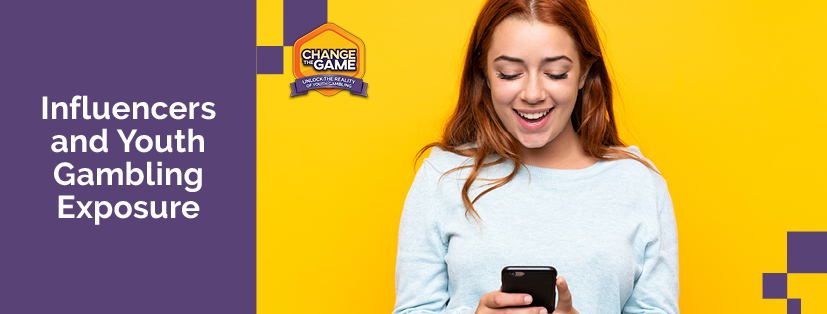
In recent years, there has been a growing concern about the influence of social media on gambling habits, particularly among younger generations. Social platforms like Instagram, Facebook, TikTok, and YouTube have become key drivers in shaping online behaviors, including gambling. Through targeted ads, influencer endorsements, and peer-to-peer sharing, gambling has become increasingly normalized and accessible. This digital landscape has not only expanded the reach of gambling operators but has also contributed to a shift in how people engage with gambling, often blurring the lines between entertainment and addiction. Understanding this link is crucial for both consumers and regulators as they navigate the intersection of social media and online gaming.
Social media platforms play a significant role in promoting gambling through advertising and influencer marketing. Gambling companies often target specific demographics with tailored ads, many of which use enticing language and imagery to present gambling as a fun, easy, and socially acceptable activity. Influencers and celebrities who promote online casinos, sports betting, or gambling apps have a considerable impact on their followers. The ‘FOMO’ (fear of missing out) effect can be powerful, with many individuals feeling pressured to participate in online gambling because they see it happening frequently in their social media feeds. For younger users, particularly those in their teens and early twenties, the glamour of “big wins” and the portrayal of gambling as a glamorous, high-stakes lifestyle can foster a sense of excitement, leading to risky gambling behavior.
Furthermore, the interactive nature of social media has fostered a new type of gambling: social gambling. This includes activities like online slots, poker, and betting that incorporate social elements such as in-app chatting, leaderboards, and shared experiences. These games often appear in casual environments where users can invite friends, share their wins, and compete for prizes, which makes gambling feel more like a social activity rather than a solitary, high-risk pursuit. For many users, the social aspect of gambling can make it feel more like entertainment or a way to bond with friends, which may mask the potential dangers. As a result, users may spend more time and money on gambling apps without fully realizing the risks of addiction or financial loss.
However, this relationship between social media and gambling is not without its challenges. Researchers have found that exposure to gambling-related content on social media can increase the likelihood of problem gambling behaviors, especially among vulnerable individuals. This has prompted calls for greater regulation and oversight of gambling-related content on social platforms. Many countries are now considering stricter rules around advertising gambling on social media, especially when it comes to promoting it to minors or glamorizing excessive gambling. Social media companies and gambling operators alike face mounting pressure to ensure responsible advertising practices and to take measures that protect users from the potential harms of gambling.
In conclusion, the link between social media and gambling habits is undeniable, with digital platforms playing a significant role in shaping how people engage with and perceive gambling. While social media can provide entertainment and a sense of community, it also comes with risks that can lead to unhealthy gambling behaviors, particularly when platforms fail to adequately address the potential harms. For users, it’s essential to be aware of how social media influences gambling habits and to engage responsibly. For regulators, ensuring that appropriate safeguards are in place is crucial to minimize the negative impacts of social media-driven gambling on vulnerable populations.
Jackpots Await! Try Your Luck with Top Casino Slots
